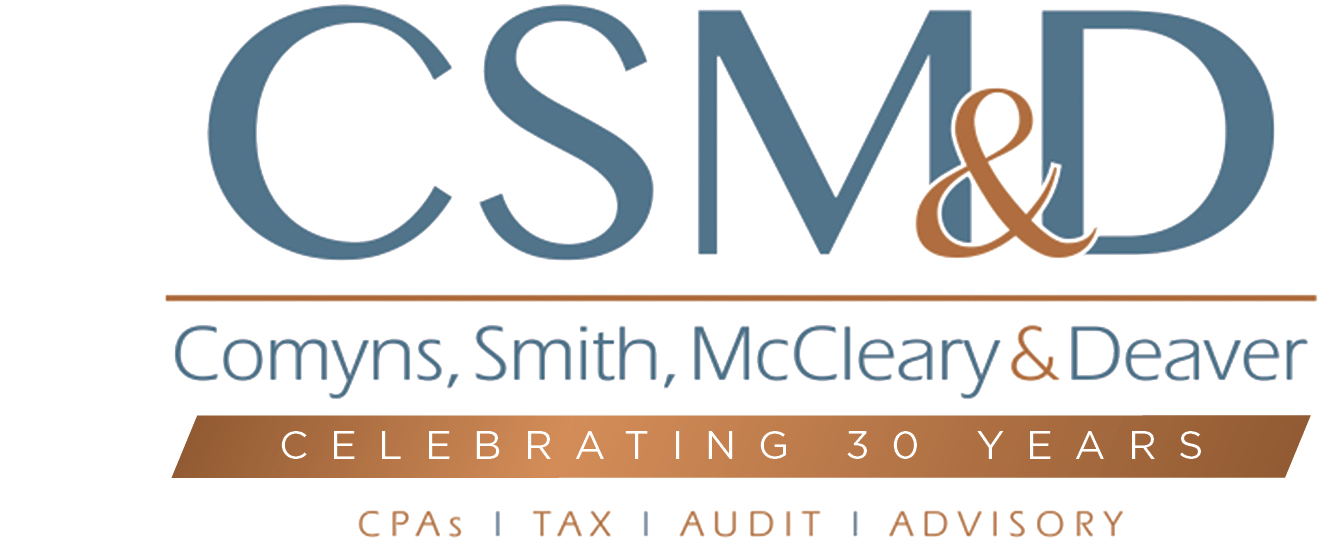by Mike Godfrey, Tax-News.com, Washington
22 August 2019
On August 16, 2019, the United States Court of Appeals for the Ninth Circuit issued a decision in favor of Amazon, in a case involving the regulatory definition of intangible assets and the method of their valuation in a cost-sharing arrangement.
According to a summary of the decision prepared by court staff, in the course of restructuring its European business in 2005 and 2006, Amazon entered into a cost sharing arrangement in which a holding company for Amazon’s European subsidiaries made a “buy-in” payment for Amazon’s assets that met the regulatory definition of an “intangible.” This had the effect of shifting a substantial amount of its income from US-based entities to newly created European subsidiaries.
Tax regulations require that the buy-in payment reflect the fair market value of Amazon’s pre-existing intangibles. Amazon initially reported a buy-in payment of about USD255m. However, the Commissioner of Internal Revenue concluded that the buy-in payment had not been determined at arm’s length in accordance with the transfer pricing regulations, so the IRS performed its own calculation, valuing the buy-in at about USD3.6bn. Amazon then filed a petition in the Tax Court challenging that valuation.
The main point of contention was the correct method for valuing the preexisting intangibles under the then-applicable transfer pricing regulations. As Judge Consuelo M. Callahan observed in his opinion, Amazon’s methodology isolated and valued only the specific intangible assets that it transferred to the European holding company under the cost sharing arrangement, including website technology, trademarks, and customer lists. The Commissioner’s methodology, however, essentially valued the entire European business, minus pre-existing tangible assets. This meant all contributions of value were included in the Commissioner’s evaluation, Judge Callahan noted, including those that are more “nebulous and inseparable from the business itself,” such as value of employees’ experience, education and training, going concern value, goodwill, and other unique business attributes and expectancies.
The Tax Court’s decision sided primarily with Amazon, and the Commissioner subsequently appealed. However, in affirming the Tax Court’s decision, the three-judge Appeal Court panel concluded that the definition of “intangible” does not include residual-business assets, and that the definition is limited to independently transferable assets.
“We conclude that the definition does not include residual-business assets,” wrote Judge Consuelo M. Callahan in the opinion. “Although the language of the definition is ambiguous, the drafting history of the regulations shows that ‘intangible’ was understood to be limited to independently transferable assets. We thus affirm.”
The US Supreme Court of Appeals noted that the case was considered against transfer pricing regulations promulgated in 1994 and 1995. In 2009, more than three years after the tax years at issue in the case, the Department of Treasury issued temporary regulations broadening the scope of contributions for which compensation must be made as part of the buy-in payment.
